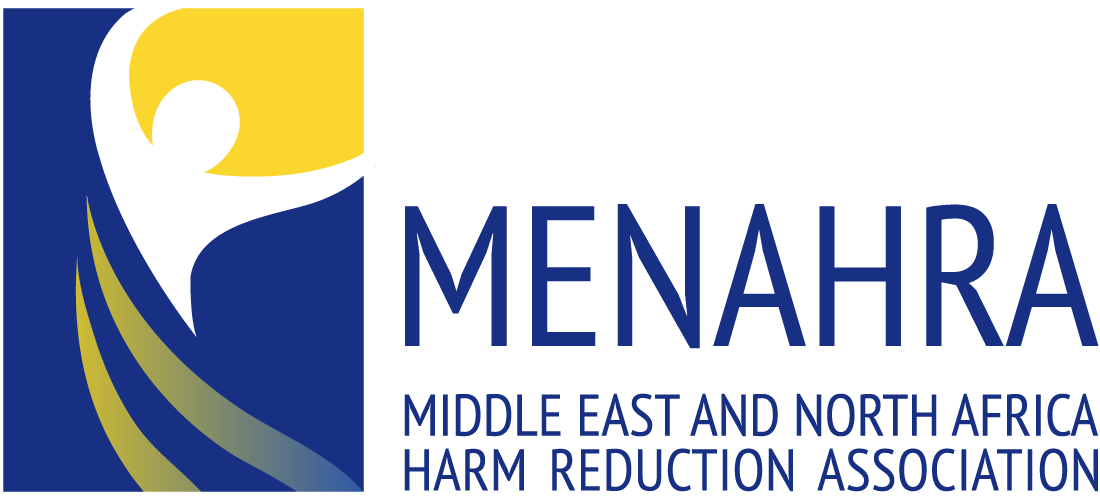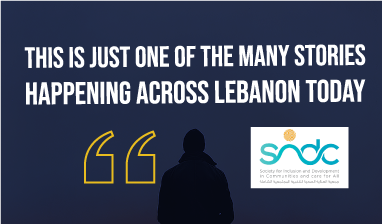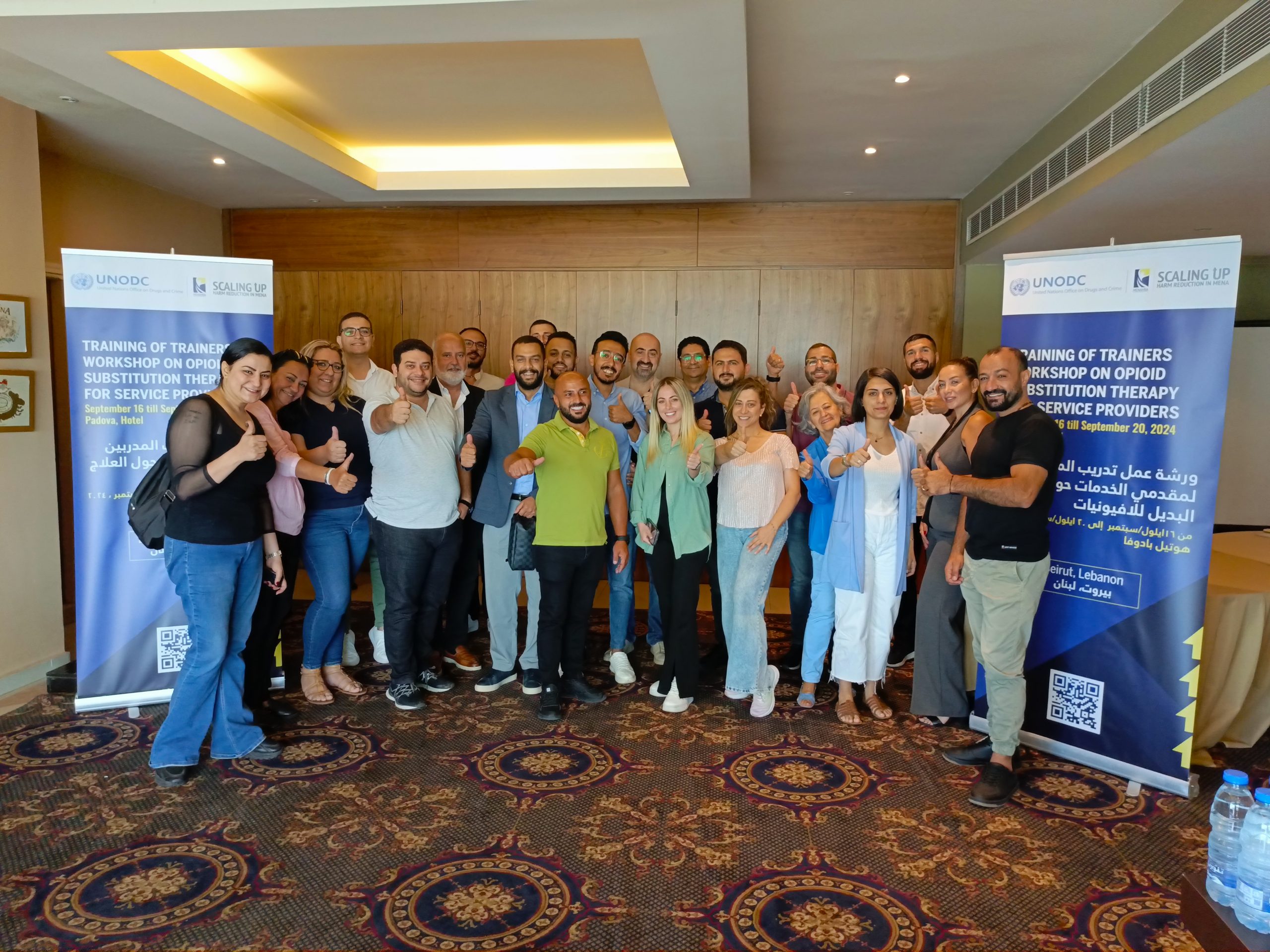The UN General Assembly Special Session on Drugs: the Final Statement Was Not As Expected
New York, 21 April, 2016
The UN General Assembly Special Session on Drugs (UNGASS) concluded its meetings at the headquarters of the United Nations in New York. The meetings were held from 19 to April 21, 2016.
This Special Session was the first since eighteen years, where representatives of member governments at the United Nations in addition to the hundreds of activists from civil society organizations around the world met and discussed the evaluation of the goals set by the United Nations in 2009 on the Political Declaration and the extent of its effectiveness in meeting the challenges related to drugs on the world.
The debate over the three days of this Special Session was over the five issues directly linked to drugs, namely: Drugs and Health, Drugs and Crime, Drugs and Human Rights, Drugs and Development, and Drugs and New Challenges. These issues were addressed through five round table discussions that opened a global debate on the responses of states and governments in this regard.
As a result of the three-day discussions, the General Assembly has adopted the “Outcome Document”, which was prepared through negotiations in which 193 governments participated over the past two years in the first session of the first day, in a move seen by many people, especially from civil and community representatives, may contribute to reduce expectations of the outcome of the discussions.
Member States committed to their engagement in the goals set by the UNGASS meeting to address drug-related issues. These goals and objectives include concern with the health and welfare of humankind as well as the individual and public health-related, social and safety problems resulting from the abuse of narcotic drugs and psychotropic substances, in particular among children and young people, and drug-related crime, and we reaffirm our determination to prevent and counter their illicit cultivation, production, manufacturing, and trafficking.
The Outcome Document, however, did not mention the urgent and important issues faced in the national and global responses including harm reduction strategies, end of the criminalizing of drug users, access to comprehensive health care for all services, and end the use of the death penalty in drug cases.
In conjunction with the special meeting, a prestigious human rights associations in Morocco sent a statement to the Secretary-General of the United Nations, Mr. Ban Ki-Moon about the lack of effectiveness of policies related to drugs, declaring that “humanity in the twenty-first century, deserves better than this ineffective policies on drugs.” As for Lebanon, the delegation of civil society participating in the meeting represented by “SKOUN” and “SIDC” announced that the need is now to reconsider the national response to the issue of drugs in Lebanon, especially since some of the policies and practices currently proved to be ineffective and that what is required is a comprehensive national strategy based health approach that takes into consideration human rights issues.
The Middle East and North Africa Harm Reduction Association (MENAHRA) Executive Director, Mr. Elie Aaraj stated that the war on drugs was a war on people, especially the poor and it is really disappointing that the majority of the countries that are still endorsing the death penalty for People Who Use Drugs are from the MENA region.






